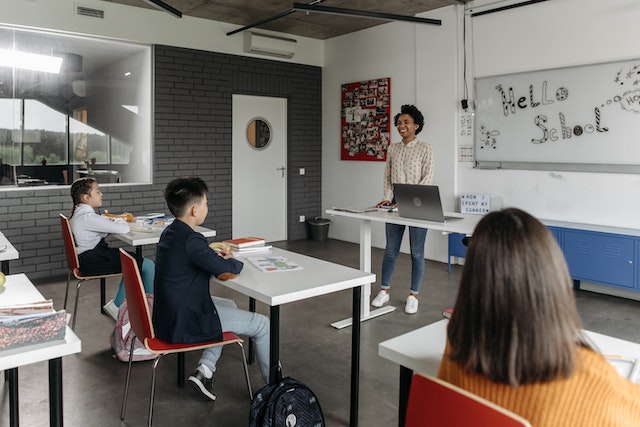Paying attention to your child’s learning style is crucial in helping your child improve their PSLE performance.
Learning styles include visual, auditory and kinesthetic learners, with each style having a different learning strategy.
Each child is unique and thus may need to adapt their learning style in order to reach the optimum performance level. To help your child adapt, make sure you use these following strategies:
1. Learn to use a variety of learning strategies
Your child may not be comfortable using the exact same strategy for every subject.
As a result, he or she may end up getting bored and frustrated when you are testing him/her on a subject that is not his/her favourite.
Learning to use different strategies will help your child to retain information better, as well as make it easier for him/her to focus on the subject at hand.
For example, mathematical concepts may be better understood by using visual strategies, such as showing the equations or equations on a board.
Meanwhile, the language arts concepts may be better understood by using auditory strategies such as reading stories or having your child read aloud.
2. Develop problem-solving skills and creative thinking abilities
Most children will have trouble answering questions in the PSLE if they lack these essential skills.
In order to make the test more difficult, PSLE publishers put in more questions and try to stump students with new and challenging topics in Maths, Science and Literature.
Therefore, it is important that your child has developed problem-solving skills and creative thinking abilities by taking PSLE classes regularly throughout primary school.
Hands-on activities and workshops will also help your child develop these essential skills.

Photo by Pavel Danilyuk on Pexels.
3. Use a variety of reading materials
If your child is more of a visual learner, try to use a variety of reading materials such as magazines, newspapers and books.
Also, encourage him/her to read aloud and narrate stories. By doing this, he/she will develop his or her verbal skills and listening abilities.
Using various teaching approaches and materials will help the child develop their attention span and increase their interest in reading.
4. Study regularly with an independent study programme
There are many independent study programmes available in secondary schools, which your child can sign up for.
If you are short on time, consider signing up for these programmes that allow students to study independently in the evening after school.
Your child will be able to catch up on missed topics that may have been covered during the week by studying on weekends.
Alternatively, if you have some extra time during the week, your child can work through these topics by themselves at home before school starts again in the next week.
5. Encourage your child to study together with his/her friends
If your child is more of a social learner, he or she may benefit from studying together with other students.
By studying with other students, they will be able to learn the same concepts at the same time and thus develop their social skills in addition to their PSLE studies.
6. Get help from your child’s teacher if needed
It is important that you get help from your child’s teacher if you need it, especially if your child has difficulties learning certain concepts in Maths, Science or English Language.
You can ask the teacher to put up some additional questions or recommended study plan for your child to practice with. That way, your child can prepare for the test as best as possible.

Photo by Pavel Danilyuk on Pexels.
7. Take regular breaks during the test preparation
Your child may feel pressured to study throughout the test if he or she has no breaks. If your child feels that his/her brain is starting to tire, encourage him/her to take a break.
Your child will be able to refresh his/her mind and focus on the test again when he/she returns to studying after a break.
Achieve The Best PSLE Results
PSLE can be a stressful experience for many children. However, if you plan well and adapt your child's learning style, you will help your child achieve their best PSLE results.
So, what are you waiting for? Start preparing for PSLE with a study guide and a tutor who are suited to your child’s learning style!